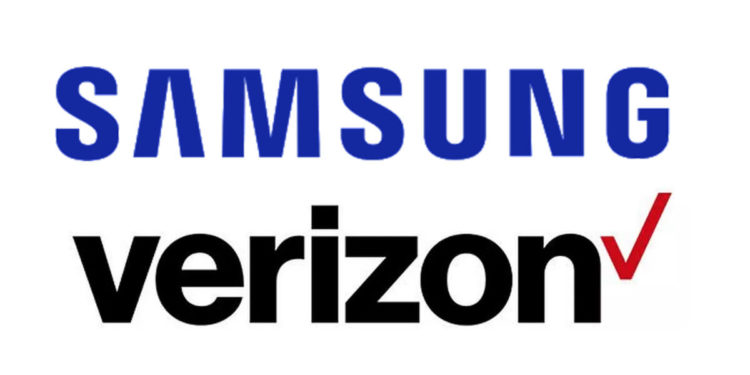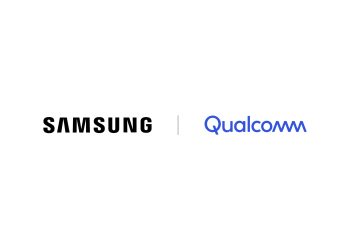Samsung Electronics announced that it secured a 7.9 trillion won ($6.6 billion) contract to supply 5G network solutions and equipment for U.S.-based Verizon Communications Inc.
The contract indicates that Samsung finally penetrated the U.S. 5G market, marking the biggest Korean network exports to date. Samsung said that the transaction came through last Friday and would continue from June 30 to December 2025. The company would deliver a variety of 5G solutions, including equipment during those five years.
The deal would increase Samsung’s market share in the industry, contributing as an essential supplier for 20 years. The transaction would also mark as one of Samsung’s most significant 5G contracts in providing telecom equipment.
Samsung Stepping Up its 5G Game
Samsung gained a partnership with SK Telecom in 2019 to become the world’s first equipment manufacturer commercializing 5G services. The company already invested more than $30 billion in 5G advancement and overall network development across the U.S.
The Samsung Austin Semiconductor facility located in Texas attests to its pursuit with its 5G Innovation Zone.
Samsung also plans a collaboration to create Korea’s first stadium with enhanced 5G network services and features.
The tech giant also acquired TeleWorld Solutions in Chantilly, Virginia, and works as a Samsung Electronics America subsidiary. The acquisition aimed to support local network operators by streamlining and accelerating 5G networks’ rollouts in the U.S.
The company also provides 5G solutions for Sprint, AT&T, and U.S. Cellular. In 2019, Samsung’s market share in telecom equipment stood at three percent behind Huawei, ZTE, Nokia, Ericsson, and Cisco.
Through this contract, Samsung stated that the company would continue to advance the boundaries of 5G innovation to improve Verizon customers’ mobile experience. Verizon earned the mid-band spectrum for its 5G rollout after winning in the latest U.S. airwaves auction. The company strived to expand its market share in the 5G equipment market and invest in 6G mobile networks.







